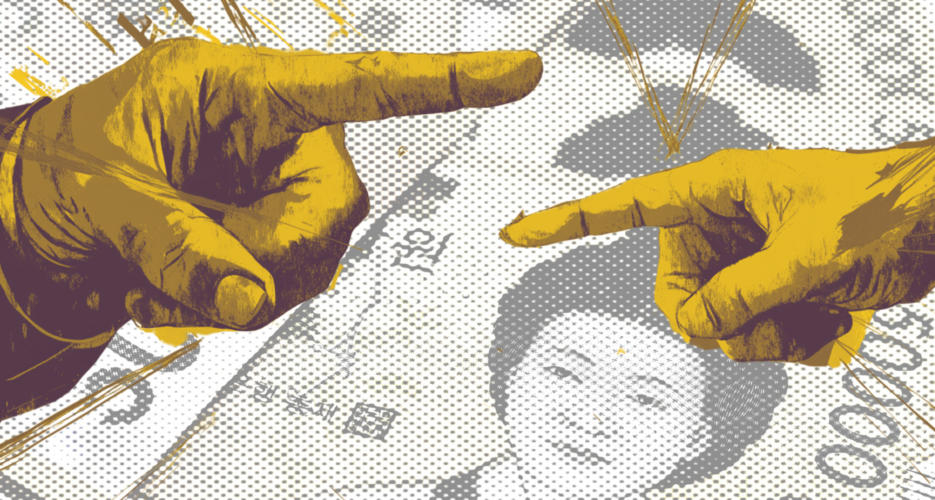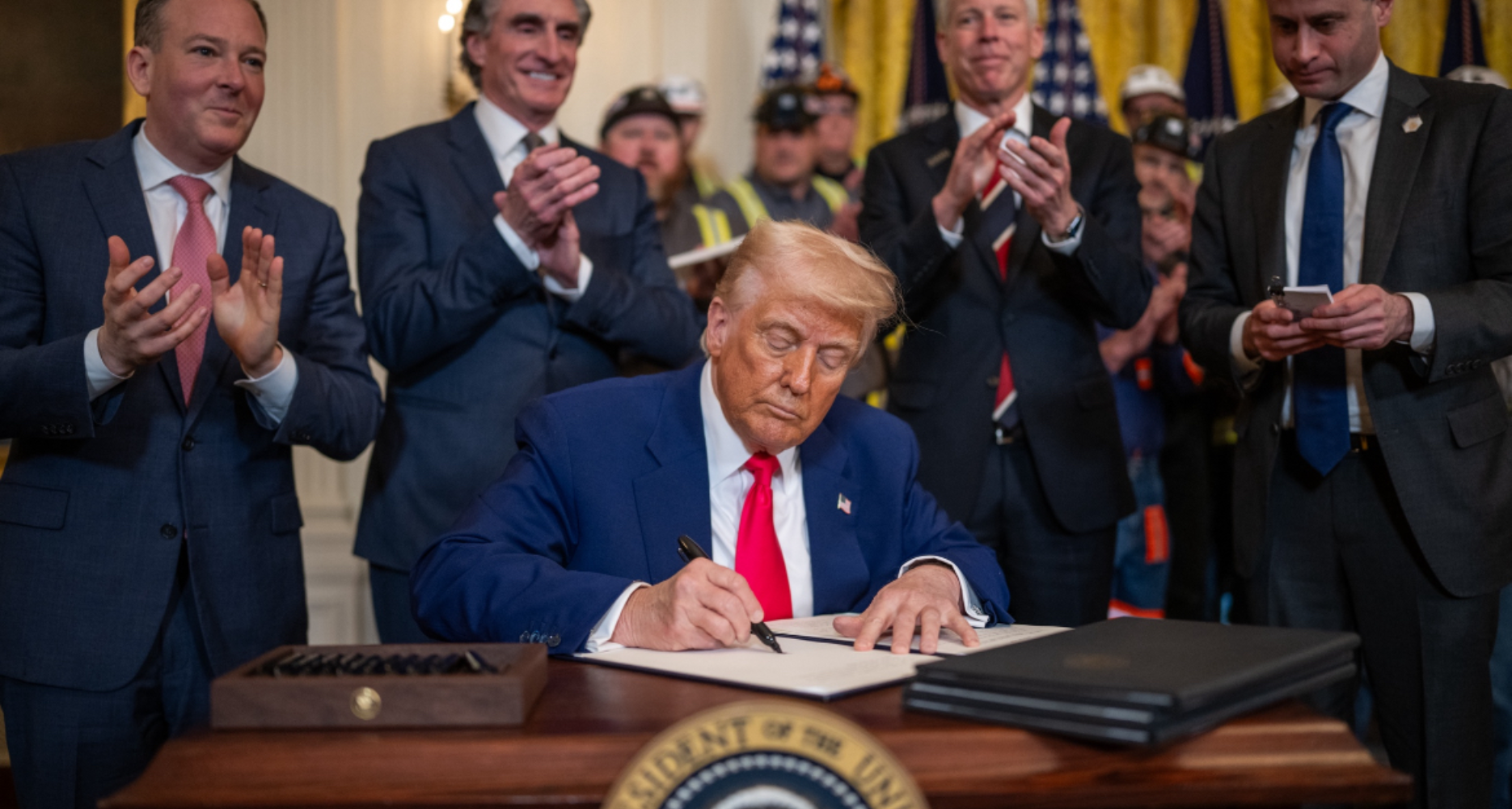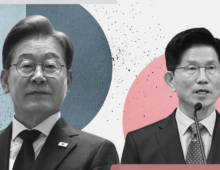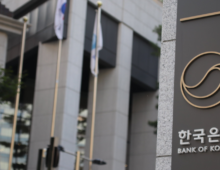Central bank’s call for urgent supplementary budget intensifies PPP and DP policy showdown before potential election
An illustration of two hands pointing at each other overlayed by a South Korean banknote | Images: Canva (background), Korea Pro (illustration), edited by Korea Pro
South Korea’s fiscal policy debate erupted after central bank Governor Rhee Chang-yong’s unprecedented call for a supplementary budget to address economic fallout from President Yoon Suk-yeol’s martial law declaration, intensifying competition between the ruling and opposition parties.
The ongoing debate between the two parties is not only about divergent fiscal strategies but also the broader challenges of stabilizing the economy amid political uncertainty and looming electoral pressures.
South Korea’s fiscal policy debate erupted after central bank Governor Rhee Chang-yong’s unprecedented call for a supplementary budget to address economic fallout from President Yoon Suk-yeol’s martial law declaration, intensifying competition between the ruling and opposition parties.
The ongoing debate between the two parties is not only about divergent fiscal strategies but also the broader challenges of stabilizing the economy amid political uncertainty and looming electoral pressures.
Get your
KoreaPro
subscription today!
Unlock article access by becoming a KOREA PRO member today!
Unlock your access
to all our features.
Standard Annual plan includes:
-
Receive full archive access, full suite of newsletter products
-
Month in Review via email and the KOREA PRO website
-
Exclusive invites and priority access to member events
-
One year of access to NK News and NK News podcast
There are three plans available:
Lite, Standard and
Premium.
Explore which would be
the best one for you.
Explore membership options
© Korea Risk Group. All rights reserved.
No part of this content may be reproduced, distributed, or used for
commercial purposes without prior written permission from Korea Risk
Group.












